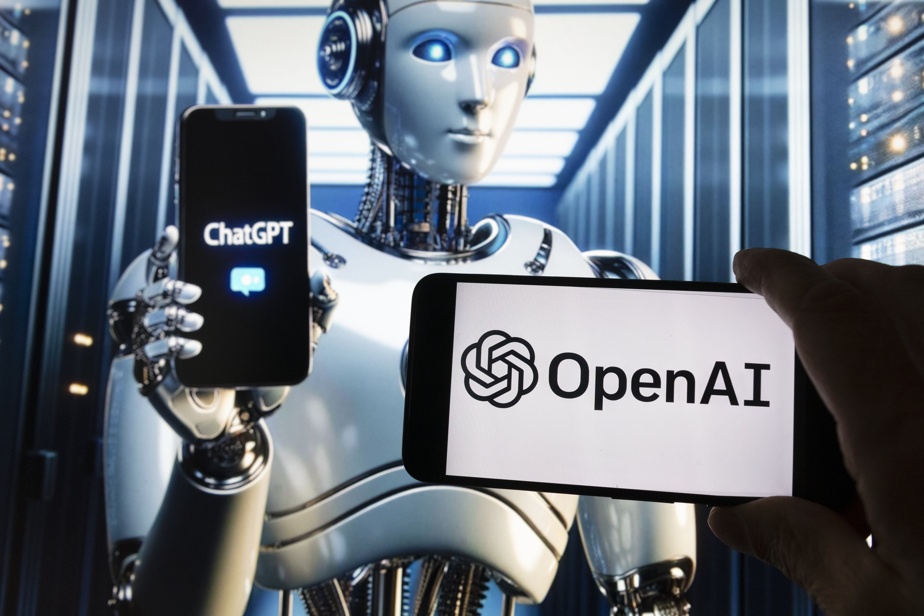(New York) The American daily The New York Times launched proceedings on Wednesday in a federal court in New York against OpenAI, creator of the ChatGPT software, as well as Microsoft, its main investor, for copyright violation, AFP learned on Wednesday.
“As the complaint explains, Microsoft and OpenAI used our work to develop and market their generative artificial intelligence (AI) products without having permission from the Times,” a spokesperson for the daily told AFP, saying that it is indeed a “violation of copyright in terms of content and journalistic work”.
According to the complaint, the newspaper estimates the damage suffered, in fact and from a legal point of view, at “several billion dollars”.
“The defendants’ generative AI relies on massive learning models that were built by copying and using millions of copyrighted Times articles,” the paper added.
Even more so, Microsoft and OpenAI “gave Times content particular importance in building their learning model, underscoring a preference that recognizes the value of this work.”
The daily also explains that it has tried to negotiate with the two companies in order to “receive adequate compensation for the use of its content”, without success so far, however.
“Copyright laws protect our journalism. If Microsoft and OpenAI want to use our work for commercial use, the law requires them to ask permission first. They didn’t,” a spokeswoman insisted.
Questioned by AFP, neither Microsoft nor OpenAI have yet made any comments.
In mid-December, OpenAI reached an agreement with the German group Axel Springer, publisher in particular of the tabloid Bild, to pay it in order to provide content from the group in responses to requests from ChatGPT users.
Under the terms of this partnership, presented as unprecedented by the two players, users asking a question to ChatGPT will receive in response summaries of articles published by Axel Springer’s brands, notably Politico, Business Insider, and the daily newspapers Bild and Welt. .
Since the launch of ChatGPT a year ago, the giants of Silicon Valley have been engaged in a frantic race for so-called generative AI. This makes it possible to obtain texts, images or lines of code of a level equivalent to those produced by humans, upon simple query in everyday language, models trained mainly thanks to the mass of content present online.
